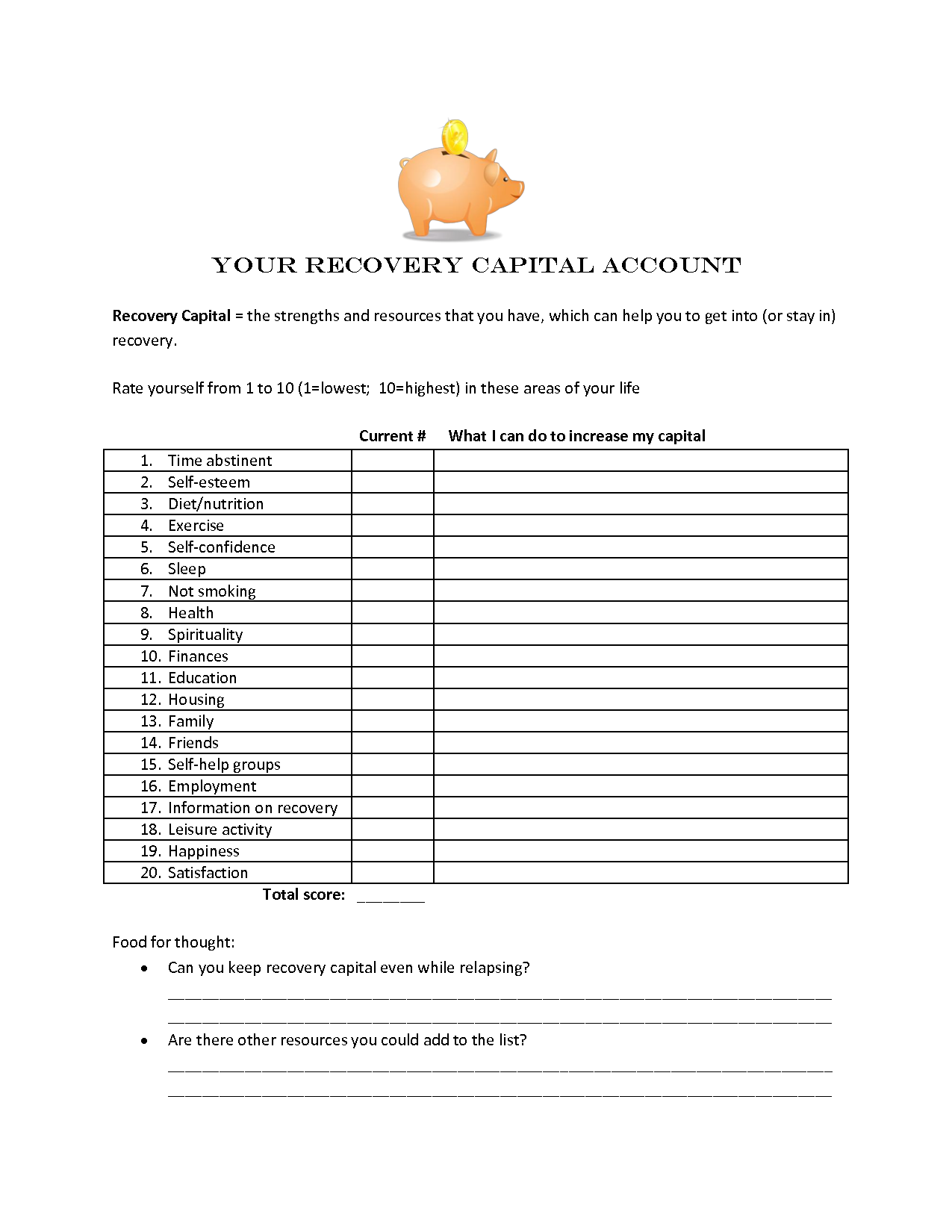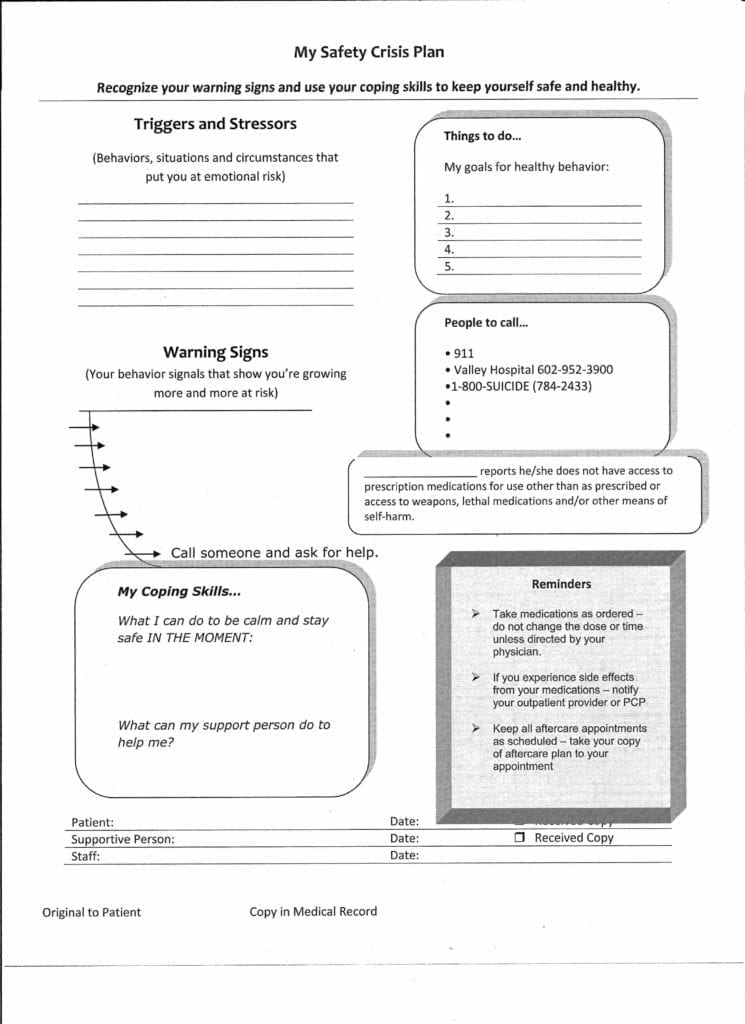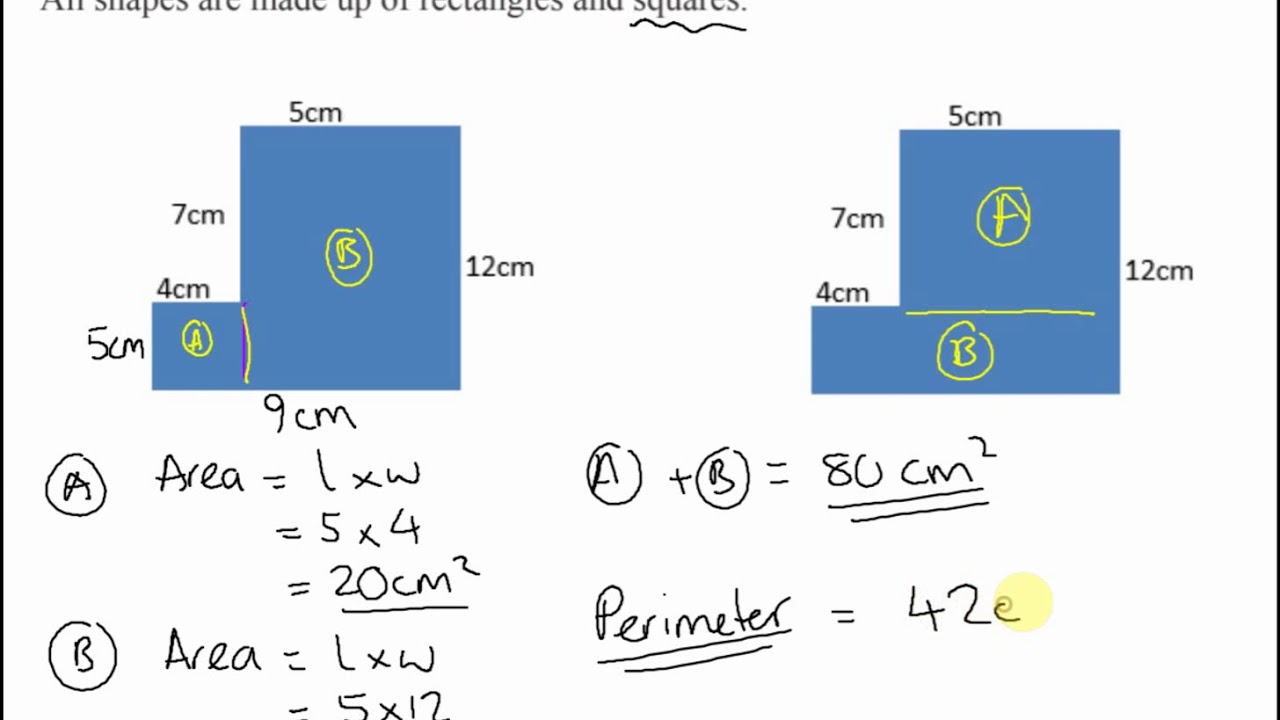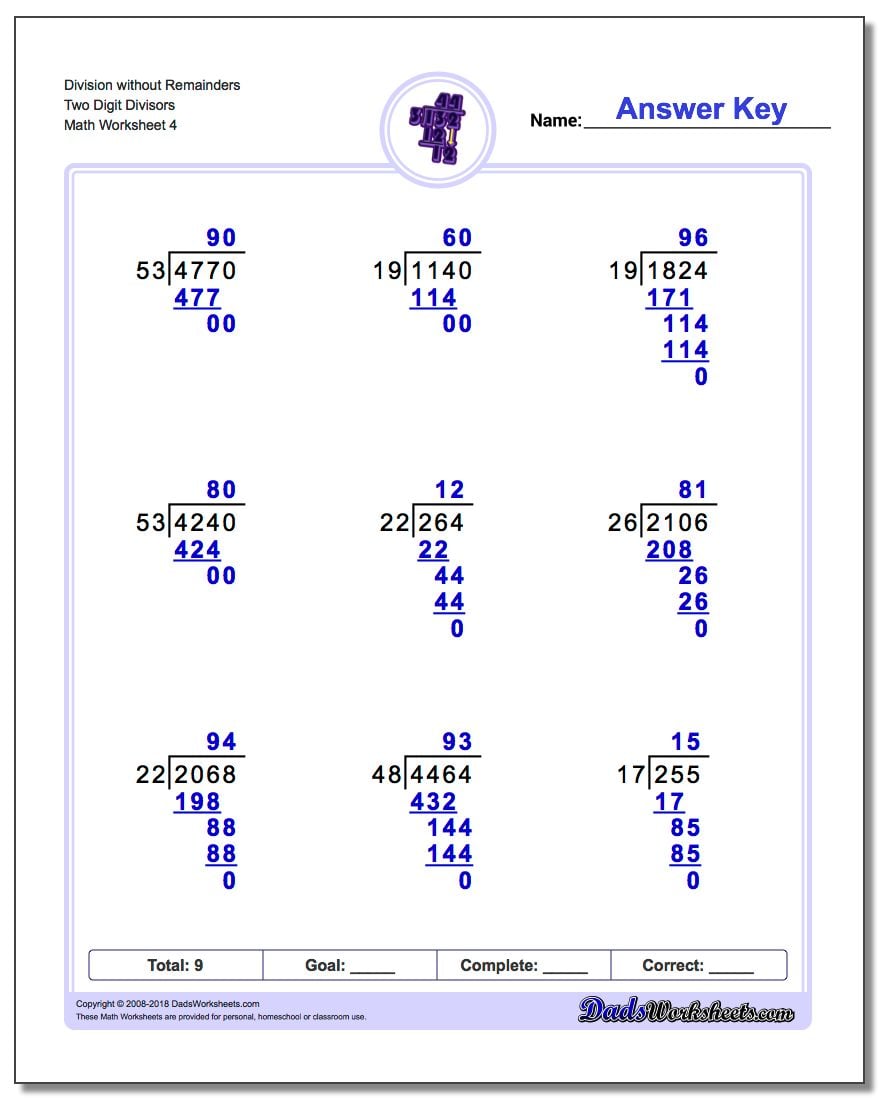7 Worksheets for Overcoming Addiction

Understanding Addiction and the Recovery Process
Addiction is a complex issue that affects individuals from all walks of life. It is a chronic disease characterized by compulsive seeking and use of substances or behaviors despite the negative consequences. Recovery from addiction is a journey that requires commitment, support, and the right tools. Worksheets can be a valuable resource in the recovery process, helping individuals to identify patterns, work through emotions, and develop coping strategies. In this article, we will explore seven worksheets that can aid in overcoming addiction.
Worksheet 1: Identifying Triggers
Triggers are situations, emotions, or people that can lead to substance use or addictive behaviors. Identifying triggers is crucial in the recovery process, as it allows individuals to prepare and develop strategies to manage them.

| Trigger | How it makes me feel | Coping strategy |
|---|---|---|
| Stress | Anxious, overwhelmed | Deep breathing, exercise, or talking to a friend |
| Boredom | Restless, irritable | Engaging in a hobby, reading, or taking a walk |
| Social pressure | Tempted, anxious | Saying no, leaving the situation, or having a support person with me |
📝 Note: Be honest and specific when identifying triggers. This will help you develop effective coping strategies.
Worksheet 2: Understanding Emotions
Addiction often stems from unresolved emotional issues. Understanding and working through emotions is essential in the recovery process.
| Emotion | Physical sensations | Thoughts | Behaviors |
|---|---|---|---|
| Anger | Tense muscles, rapid heartbeat | “I’m so angry, I just want to lash out” | Yelling, throwing things, or substance use |
| Sadness | Heavy feeling, tears | “I’m so sad, I just want to escape” | Isolation, substance use, or self-pity |
| Fear | Rapid heartbeat, sweating | “I’m so scared, I don’t know what to do” | Avoidance, substance use, or seeking reassurance |
💡 Note: Recognize that emotions are valid and understandable. However, they can be managed in healthier ways.
Worksheet 3: Building Self-Esteem
Low self-esteem can contribute to addiction. Building self-esteem is essential in the recovery process, as it helps individuals develop a positive self-image and confidence.
| Positive affirmations | Why it’s true | Actions to reinforce |
|---|---|---|
| “I am capable and competent” | I’ve achieved success in the past, I’ve learned from my mistakes | Take on new challenges, celebrate achievements, or seek support from loved ones |
| “I am worthy of love and respect” | I deserve to be treated with kindness and compassion, I am doing my best | Practice self-care, set boundaries, or engage in activities that bring joy |
| “I am strong and resilient” | I’ve overcome obstacles before, I’ve learned to cope with difficult emotions | Practice mindfulness, exercise, or seek support from a therapist |
💪 Note: Positive affirmations can help rewire negative thought patterns. Repeat them regularly, especially when feeling stressed or anxious.
Worksheet 4: Developing Coping Strategies
Coping strategies are essential in managing cravings and triggers. Developing healthy coping strategies can aid in the recovery process.
| Coping strategy | How it helps | When to use |
|---|---|---|
| Deep breathing | Calms the mind and body | When feeling anxious or overwhelmed |
| Exercise | Releases endorphins, improves mood | When feeling restless or irritable |
| Journaling | Processes emotions, identifies patterns | When feeling overwhelmed or struggling with emotions |
📝 Note: Experiment with different coping strategies to find what works best for you. Practice them regularly to develop habits.
Worksheet 5: Building a Support Network
A support network is crucial in the recovery process. Building a network of loved ones, therapists, and support groups can aid in staying on track.
| Support person | How they can help | How to reach out |
|---|---|---|
| Therapist | Provides guidance, support, and accountability | Schedule regular sessions, call or text when needed |
| Support group | Offers a sense of community, understanding, and support | Attend meetings regularly, share experiences, and seek feedback |
| Loved one | Provides emotional support, encouragement, and motivation | Schedule regular check-ins, share feelings, and ask for help when needed |
👥 Note: Surround yourself with people who support and encourage your recovery. Don't be afraid to ask for help when needed.
Worksheet 6: Managing Cravings
Cravings are a normal part of the recovery process. Managing cravings requires strategies and support.
| Craving | How it feels | Coping strategy |
|---|---|---|
| Substance craving | Intense desire, restlessness | Delay, distract, or seek support from a loved one or therapist |
| Emotional craving | Overwhelming emotions, feelings of emptiness | Practice self-care, engage in a hobby, or talk to a support person |
🚭 Note: Cravings are temporary and manageable. Use coping strategies to delay or distract, and seek support when needed.
Worksheet 7: Maintaining Recovery
Maintaining recovery requires ongoing effort and commitment. Developing a plan to maintain recovery can aid in staying on track.
| Strategy | How it helps | When to use |
|---|---|---|
| Regular therapy sessions | Provides ongoing support, guidance, and accountability | Schedule regular sessions, as needed |
| Support group attendance | Offers a sense of community, understanding, and support | Attend meetings regularly, as needed |
| Self-care practices | Improves mood, reduces stress, and increases self-awareness | Practice regularly, especially during difficult times |
🏆 Note: Maintaining recovery requires ongoing effort and commitment. Stay connected with your support network, practice self-care, and attend therapy sessions as needed.
Recovery from addiction is a journey that requires patience, effort, and the right tools. Worksheets can be a valuable resource in the recovery process, helping individuals to identify patterns, work through emotions, and develop coping strategies. By using these seven worksheets, individuals can take the first steps towards a healthier, more fulfilling life.
What is addiction?
+Addiction is a chronic disease characterized by compulsive seeking and use of substances or behaviors despite the negative consequences.
How can worksheets help in the recovery process?
+Worksheets can help individuals identify patterns, work through emotions, and develop coping strategies. They can also aid in building self-esteem, developing a support network, and maintaining recovery.
What is the most important thing to remember in the recovery process?
+The most important thing to remember is that recovery is a journey that requires patience, effort, and the right tools. Surround yourself with a support network, practice self-care, and seek help when needed.



